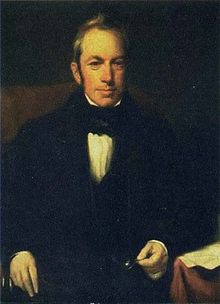( Imagine you have fought taken part in World War I and II and taken a prisoner of war and waiting for death. What would you write down? You Will ? Letter to your loved ones? Or your war tales? This forest officer of Nilgiris wrote about Working Plans for eucalyptus, cashew and teak ! And how did so is beyond belief !!. We are blessed such a man walked our beloved forests !!!)
Robert Browne, popularly known as ‘Quintus’ (probably a 5th child) fought in World War I. He joined the Indian Forest Service in 1920 and served the next twenty years in Madras, Ooty, Coimbatore and Nilambur. When World War II broke out, he, despite his age, volunteered for military service and was sent to Malaya where he was taken prisoner by the Japanese. He was sent to work on the Death Railway’ which was later immortalized in the classic film ‘The Bridge on the River Kwai’.
Because of his age, Browne was spared ‘coolie work’ and put in charge of the graveyard. Stealing scraps of paper and pencil stubs he not only kept a list of the dead, but he also began writing his autobiography. Hiding in the latrine, he would scribble on scraps of paper in tiny script his story and then ‘bind’ them into notebooks with stolen paper clips. These he stuffed into bottles pilfered from the dispensary and hid them in whatever grave he was digging. The position of each grave with a bottle he marked on a scrap of paper that he kept hidden in his bed. He was taking a tremendous risk; if he had been caught he would have been executed. But what he left for posterity was a splendid record of forestry in the Madras Presidency of the 1920s and 1930s.
It was not about his war or prison camp experience that he wrote, but of the life he and his wife spent in the IFS!
Brown survived the War and returned to India and served as Conservator of Forests, Nilgiris. In 1947, he resigned from the Service and returned to the U.K. He died in 1973 and in 1981 his daughter who, after her husband’s death, transcribed the entire text as a therapy and published it as a book by the British Empire & Commonwealth Museum in 2004.
Browne was a jolly good fellow with a great sense of humour. Foresters after 1885 were trained two years Briton and two years in Europe. Of his European experience Browne wrote candidly, ‘It was a quiet country life, and I don’t remember having learnt very much. Cadets were more interested in fifteen egg omelets and burgundy wine in France, and pastries in Switzerland, than forestry… more time was spent on hunting and fishing’.
During his tenure in Madras, Browne was against American methods of forestry. He narrated how foresters resisted the Americanization of the timber forests of the Western Ghats between 1922 and 1929 when American engineers were brought in to help increase extraction. Most of these attempts ended in failure, when cars bogged down in the mud and hillside, and elephants and buffalo once again came to the forefront of the logging industry!!
Nilgiri Documentation Centre

